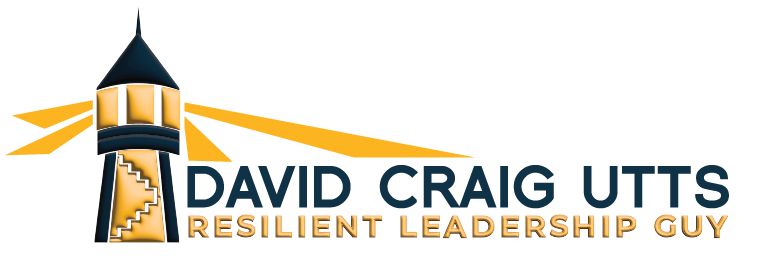Part II: Preserving the Essence of High-Performing Teams Amid a Disruptive, Complex World

Introduction
As an executive leader, having a high-performing team is a priceless asset. However, even the most efficient teams are not immune to external pressures. Part I of this series discussed the balance between relentless innovation and respecting human limitations. In Part II, we delve into a more insidious challenge: the external world’s volatile and divisive nature that team members confront daily. This post highlights how global events and societal divisiveness can erode your team’s psychological safety and empowerment. More crucially, we’ll also explore actionable strategies to fortify against this encroaching threat, ensuring your team remains focused and invigorated to champion your objectives.
The Hallmarks of a Psychologically Safe and Empowering Workspace
A high-performing team thrives in an environment that promotes psychological safety and empowerment. Key components of such an environment include clarity in mission, norms, roles, and a culture replete with feedback.
Distilled from insights by Mentimeter, the following strategies are pivotal to fostering a psychologically safe environment:
- Lead with honesty, transparency, and show vulnerability.
- Cultivate appreciation among team members, encourage non-work interactions, and establish clear boundaries and expectations.
- Ensure every voice is heard through equal and open discussions.
The Implications of Diminished Psychological Safety
However, what transpires when this safety net is threatened?
Without a strong foundation of psychological safety:
- Team members may deflect blame for mistakes.
- Participation in discussions dwindles, and candid disagreements become rare.
- Finger-pointing becomes commonplace, while constructive feedback is sidelined.
- Inter-team connections weaken, leading to reduced collaboration.
- Information becomes a currency that’s hoarded instead of shared.
In a nutshell, dwindling morale translates to diminished results. In an era marked by uncertainty, political strife, and societal challenges, these external factors can silently chip away at your team’s sense of safety and efficacy.
Strengthening Psychological Safety in a Tumultuous Landscape
Today’s leaders must don a multifaceted mantle, which extends beyond the confines of organizational objectives. To safeguard team resilience and morale during these challenging times, leaders can:
- Prioritize Emotional Intelligence: Promote a culture where understanding and managing emotions is paramount.
- Promote Open Dialogues: Craft platforms for team members to voice concerns and apprehensions about global events, reinforcing a supportive ethos.
- Offer Flexibility and Support: Helping team members juggle professional tasks with personal challenges can drastically reduce stress.
- Champion Mental Health: Initiatives emphasizing mental health can serve as buffers against the additional pressures of today’s world.
- Roll Out Employee Support Schemes: In times of external crises, such as financial downturns, leaders must have contingency plans to support affected team members.
Being attuned to both personal and collective anxieties is a requisite for modern leadership. This is less about coddling and more about genuine compassion. As the external world swirls with concerns of economic downturns, political upheavals, and societal shifts, effective leadership requires an authentic and empathetic approach.
Conclusion
In this dynamic world, leadership demands more than driving performance and achieving targets. External challenges that team members grapple with personally inevitably influence their professional realm. Leaders, therefore, must not treat these as mere distractions but as genuine concerns warranting attention.
Leaders can shape a culture of trust, resilience, and unwavering commitment by infusing leadership with emotional intelligence, enabling open dialogues, fostering flexibility, emphasizing mental health, and crafting employee support initiatives. This isn’t just about boosting productivity or circumventing conflicts—it’s about elevating our leadership ethos, understanding that as global challenges intensify, our leadership roles must evolve. We’re not merely helming our organizational ships; we’re ensuring that every individual onboard feels secure, valued, and empowered.
In these uncertain times, leadership calls for more than vision—it demands compassion. By addressing concerns within and beyond the workplace, leaders can safeguard their teams and empower them to thrive, even amidst global tumult.
About the Author David Craig Utts
Related Posts
The Executive Paradox: Finding Time for What Truly Matters in a 24/7 Corporate Cycle
Navigating Leadership with Critical Thinking: The Role of Challenging Beliefs
Executive Essentials: Tackling Drift and Cultivating Powerhouse Focus
Part I: Preserving the Essence of High-Performing Teams Amid a Disruptive, Complex World
The Empathy Trap: Why Too Much Can Diminish Your Leadership Impact
Cultivating Resilient Leadership: Part III, The Core of Self-Leadership
Cultivating Resilient Leadership: Part II – The Power of Self-Regulation
Cultivating Resilient Leadership: Part I – Nurturing the Power of Self-Awareness
